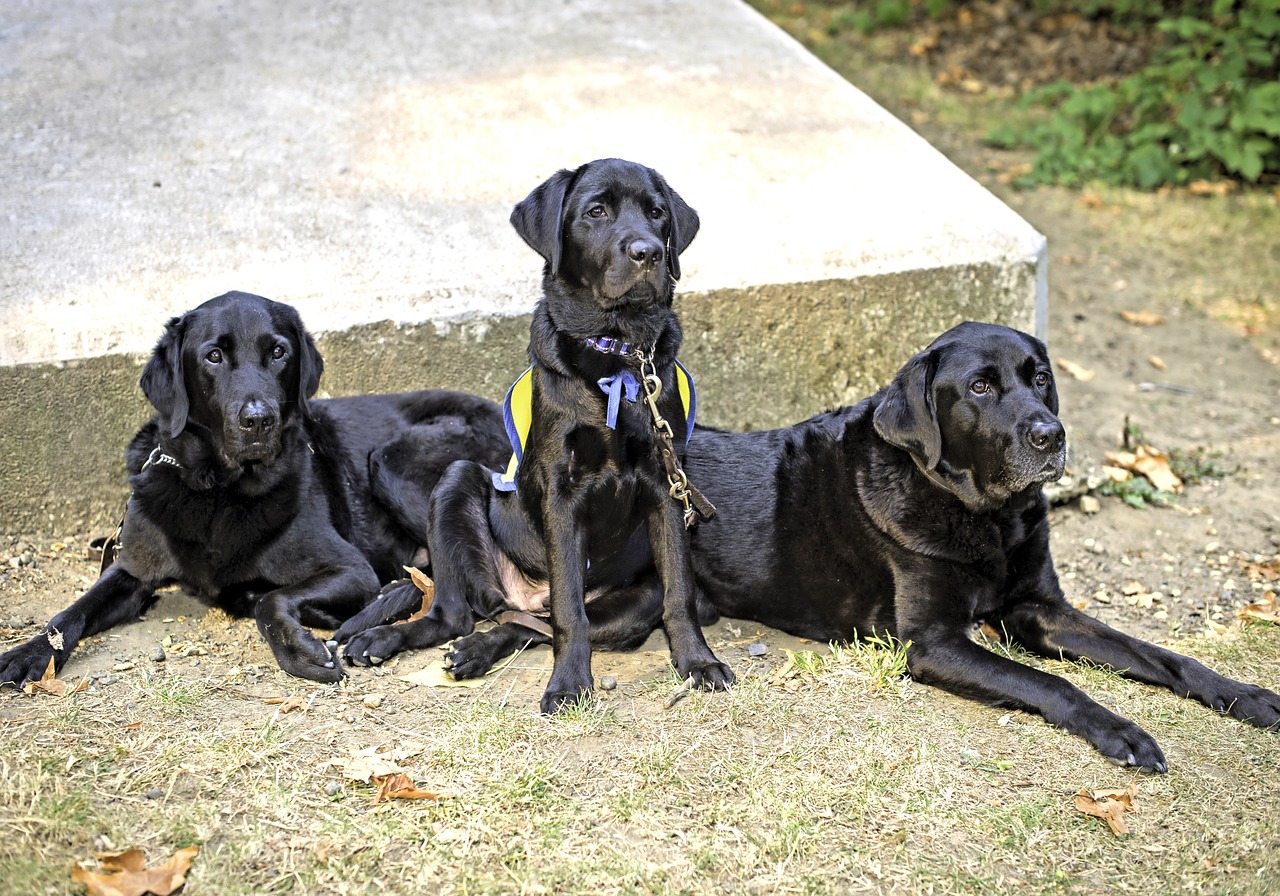Mental Health
Service Dogs Found to Alleviate PTSD Symptoms in Military Veterans

service dogs | (Photo : Image by GS S from Pixabay)
A recent study showed the beneficial role of specially trained service dogs in alleviating post-traumatic stress disorder (PTSD) symptoms among U.S. military veterans, shedding light on potential advancements in treatment options for service members.
The U.S. Department of Veterans Affairs (VA) currently offers talk therapy and medication to veterans grappling with PTSD and has initiated a pilot program integrating service dogs into therapy. This program allows certain veterans, including those with PTSD, to be prescribed service dogs, with associated costs covered by the VA.
Terrence Hayes, VA press secretary, affirmed the agency's commitment to evaluating the efficacy of service dogs, stating, "we are committed to providing high-quality, evidence-based care to all those who served."
Maggie O'Haire, co-author of the study from the University of Arizona's veterinary college, emphasized the researchers' objective of substantiating the growing popularity of service dog therapy with scientific evidence.
In the study published in JAMA Network Open, service dogs provided by K9s For Warriors underwent a three-week group training session before being matched with veterans. These dogs were trained to recognize physical signs of distress in veterans, intervening during panic attacks and nightmares with comforting gestures.
Comparing 81 veterans with service dogs to 75 veterans on the waiting list for trained dogs, researchers observed a more significant reduction in PTSD symptoms among the former group after three months. Notably, although both groups showed improvement, the veterans with service dogs experienced a greater enhancement on average.
While the study showcased the potential benefits of service dog therapy, it remains unclear whether interaction with any dog would yield similar outcomes. Additionally, O'Haire stressed that service dogs should complement existing medical practices rather than serve as standalone therapies.
"When you add it to existing medical practices, it can enhance your experience and reduce your symptoms more," O'Haire said, as per VOA News.
Dave Crenshaw, a 41-year-old Army National Guard veteran diagnosed with PTSD in 2016, shared his transformative experience with his service dog, Doc. Expressing gratitude for Doc's support in managing his symptoms, Crenshaw noted the invaluable role of service dogs in enhancing veterans' quality of life.
"It's the greatest medicine with the least amount of side effects," Crenshaw said.









Join the Conversation